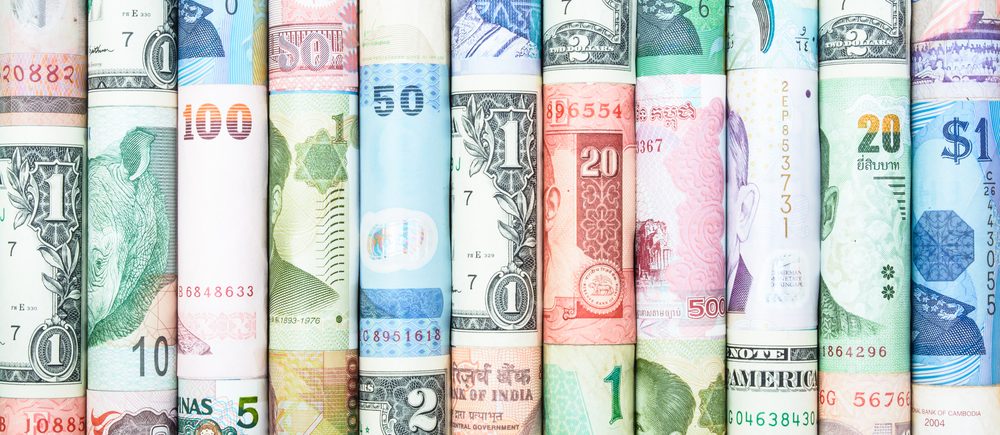The dollar rose on Monday to stabilize its price after the recent losses it suffered a week ago when investors await the Bank of Japan meeting and the issuance of the latest data before the decisions of the Federal Reserve and the European Central Bank on interest rates in early May.
Trading was fairly stable, with the pound sterling falling 0.2 percent to 1.2420 against the dollar and the euro falling 0.1 percent to 1.09775 against the dollar. Neither currency could maintain multi-month highs in mid-April above 1.25 against the dollar and 1.10 against the dollar.
The dollar rose 0.1 percent to 134.2 against the Japanese yen, with the US currency index rising 0.12 percent to 101.8 points.
The dollar index, which measures the performance of the US currency against a basket of other major currencies, hit its lowest level in a year at 100.78 points on April 14 as markets expected the Federal Reserve to cut interest rates later this year while betting on raising interest rates. In Europe a few more times.
Both the US Central Bank and the European Central Bank will meet in early May, but before that, markets will receive data on GDP and personal consumption expenditures in the first quarter in the United States, looking for any signs of a weak economy and high inflation, which would reveal the path of Federal Reserve policy.
Policymakers are widely expected to raise interest rates by another 25 basis points at the Federal Open Market Committee meeting next week, although the focus will be on guidance on future moves.
Data released on Friday showed the pace of business activity in the United States and the eurozone picked up in April, easing fears of an imminent recession in major economies.
Markets are also expecting the European Central Bank to raise interest rates by a quarter point with the possibility of a 50 basis point hike. Inflation and growth data for the Eurozone are also scheduled for release this week.
The Bank of Japan will hold its monetary policy meeting on Friday, the first such meeting chaired by new governor Kazuo Ueda.
At the meeting, Ueda is widely expected to maintain the BoJ’s current policy of monetary easing, after he reassured the markets at the beginning of this month that any change in policy would not happen quickly.
 Noor Trends News, Technical Analysis, Educational Tools and Recommendations
Noor Trends News, Technical Analysis, Educational Tools and Recommendations





